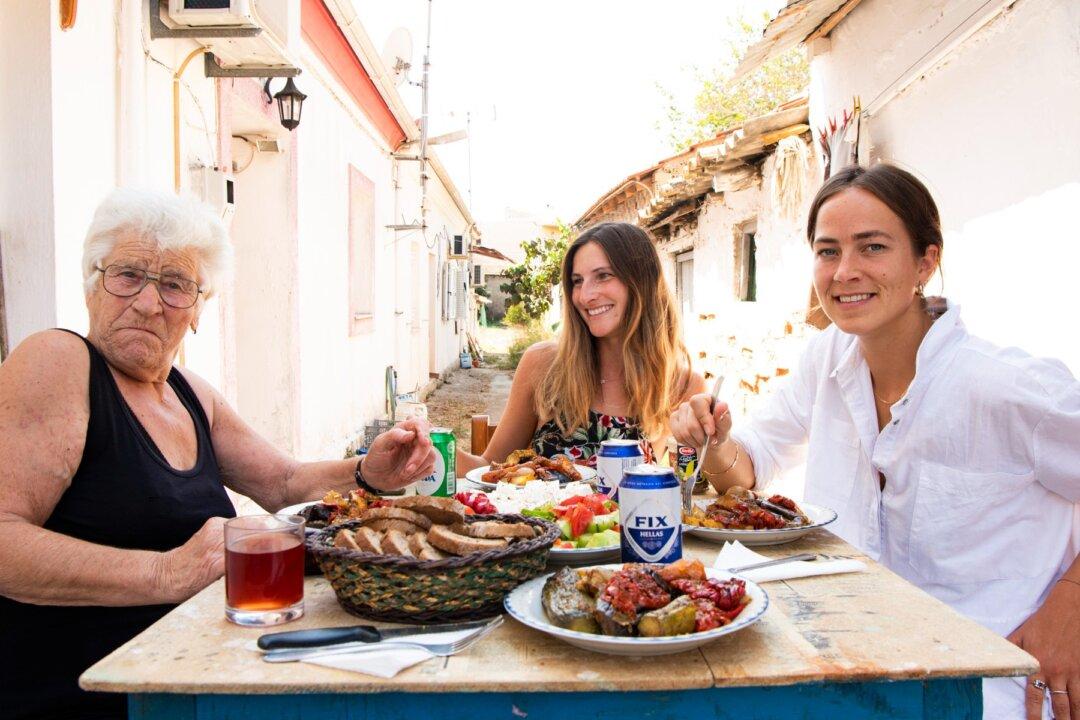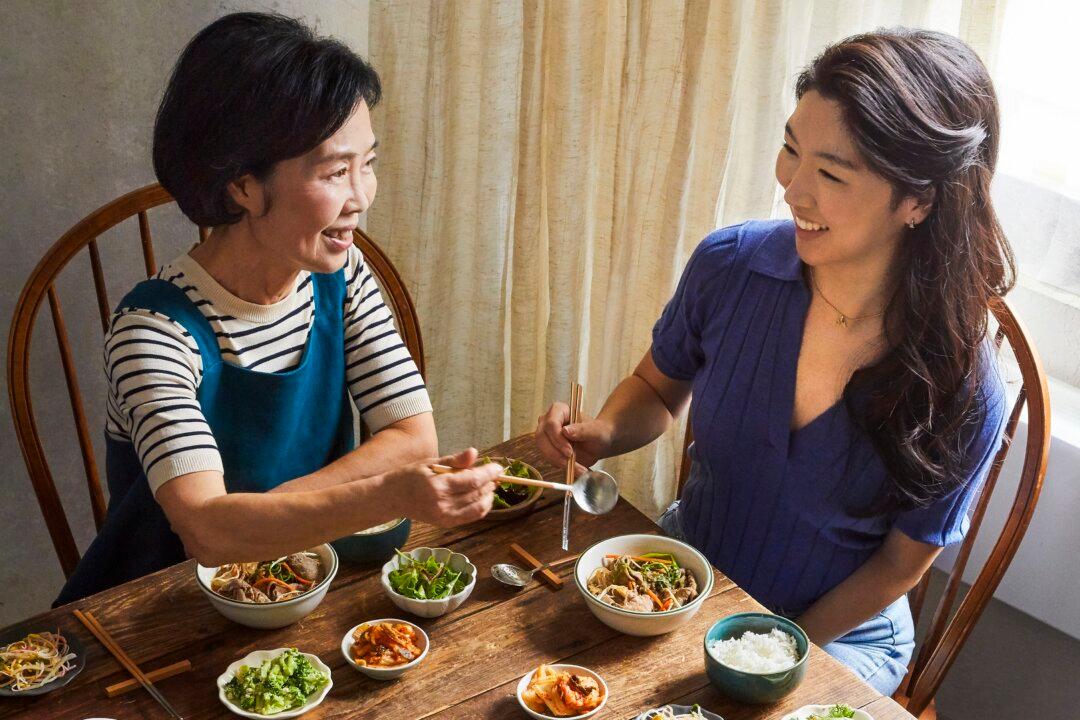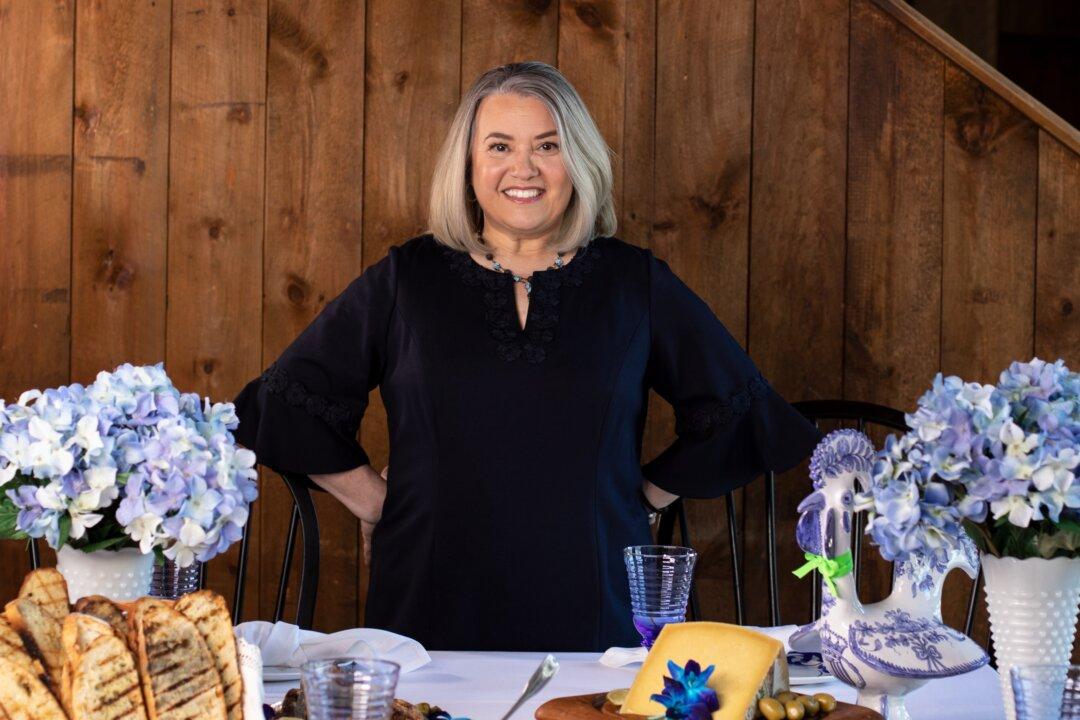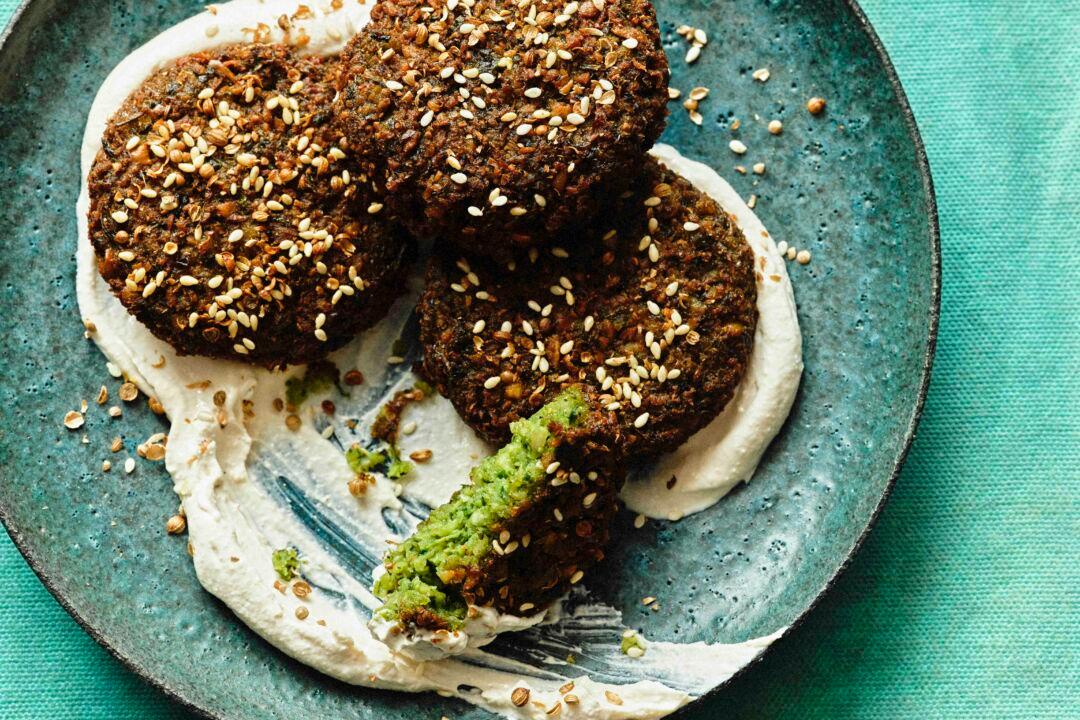Anastasia Miari’s grandmother’s entire day revolves around food. In her 80s, she lives on the beautiful Greek island of Corfu, where she still makes her own olive oil and wine.
“My grandmother is one of those people who have always eaten seasonally,” said Miari, a UK-based author and journalist, chatting with me on the phone from her Corfu home near the beach. “Before there were ‘clean eaters’ out there, there were our grandmothers.”





